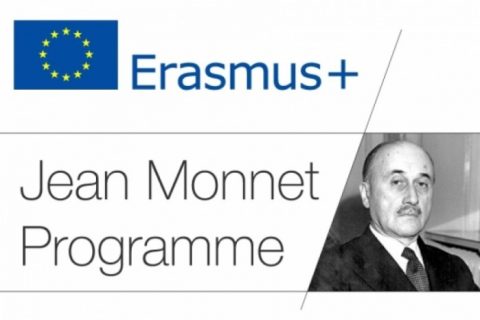A large scale empirical and legal study on the Intellectual Property Implications of the Development of Industrial 3D Printing, commissioned by the European Commission in 2018 to the Centre for Intellectual Property Policy and Management (CIPPM) was published in April 2020. The published report (spanning 257 pages), provides an in-depth exploration of the past and current industrial applications of Additive Manufacturing (AM) and…
The book, which will be presented in two parts, aims to provide an in-depth consideration of the intellectual property implications of 3D printing in Part I, before moving on to a consideration of the legal and intellectual property challenges posed by future and emerging technologies in Part II.
This commissioned project/report for the European Commission explores the IP Implications of the Development of Industrial 3D Printing from a European perspective. The report aims to enhance the European business sector and foster innovation. Through a legal and empirical analysis, involving qualitative data drawn from interviews with 41 industry stakeholders, the findings from the project demonstrates the areas which needed to be addressed – and resolved.
The panel examine mechanisms for co-ordinating access via international IP agreements, how international investment protection might interfere with national access measures, why it is important to adequately manage the public interest in technology transfer agreements, and how 3D printing can help fight the pandemic.
The project commissioned by the European Commission to Bournemouth University, aims to formulate a clear picture of the Intellectual Property (IP) framework that could enhance the competitiveness of the Additive Manufacturing (AM) sector in Europe. As such, the workshop was attended by academics, practitioners, businesses and policy makers thereby bringing together key stakeholders in the field of 3D printing and IP laws.
The chapter brings together comparative elements of the challenges for 3D printing from the perspective of IP Laws in UK/EU, USA and Australia.
CIPPM has received a 3-years funding from the European Commission’s Erasmus+ Programme to set up a Jean Monnet Centre of Excellence on “European Intellectual Property and Information Rights”. The Centre of Excellence aims at giving support, visibility, and enhanced impact to a series of CIPPM activities in crucial areas of European integration such as Copyright and related…
Through the application of selected statutes and case law drawn from the United Kingdom (UK), this paper will explore the copyright status of three-dimensional design files and will particularly question whether they can be protected as literary and / or artistic works. In responding to this question, the paper highlighting gaps and challenges inherent in the law and adopts a ‘coherentist’ and ‘regulatory instrumentalist’ analysis in responding to the challenges and providing recommendations for the future.
Study I – which is the first of a two-part Study, considers the implications for intellectual property law, particularly copyright law, as a result of online sharing platforms dedicated to 3D printing. As such, this Study applies a legal and empirical analysis, to provide a clearer understanding of ‘how’ the sharing happens to provide an understanding of the ‘parameters’ for sharing, e.g. terms and conditions, rules, regulations that apply, together with restrictions and bounds that apply to user behaviour and file-sharing.



